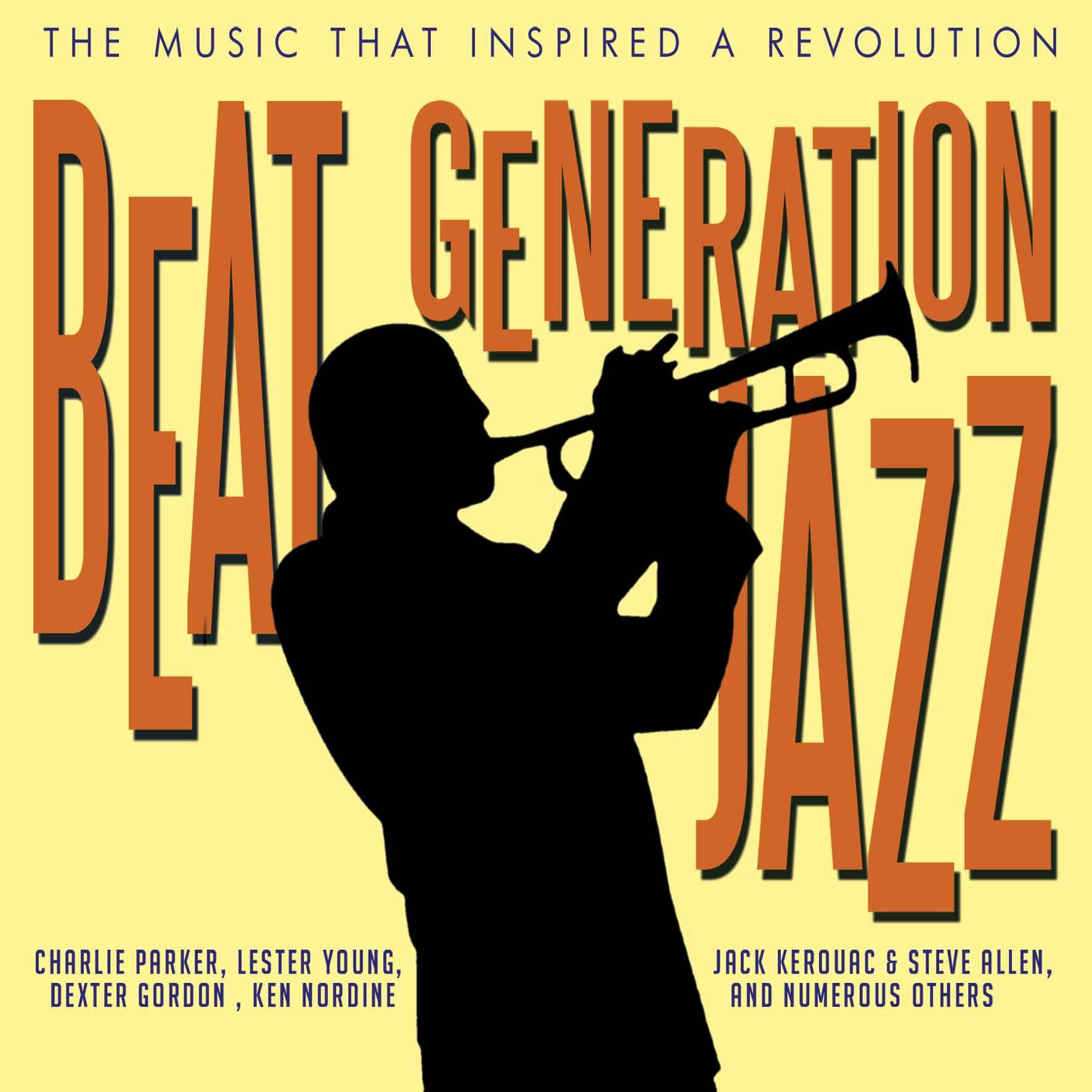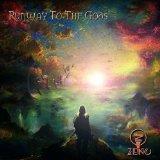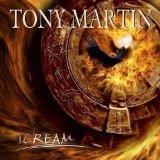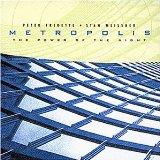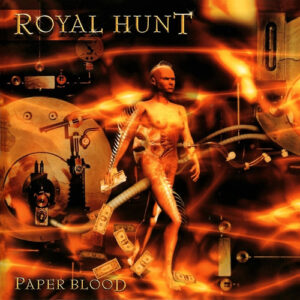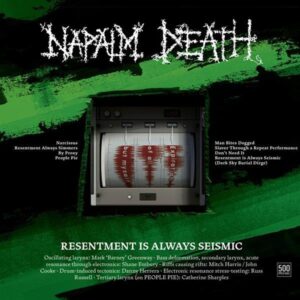| Artist | |
|---|---|
| Album | Beat Generation Jazz |
| Label | |
| Article number | CDCD5079 |
| Release date | 2012-02-10 |
| Genre | Jazz |
| Description | New York; November 1945. World War II is over and life in the USA appears to be returning to normal. But ''normality'' doesn''t reign everywhere. In the world of jazz, a musical revolution is beginning that will eventually sow the seeds for a larger literary movement which will permeate every strata of American society and discard all orthodox notions about life and art: it will ultimately change thinking, behaviour and social mores across the world in the years ahead. The big bands, like the dinosaurs, are dead and gone and jazz is no longer music to dance to - rather, it has become an intellectual pursuit and is considered by its adherents a serious art form On 52nd Street, right in the core of the Big Apple, startling new sounds are emanating from a nightclub where two new musical messiahs - alto saxophonist Charlie Parker and his High Priest, the puff-cheeked wind-machine trumpeter Dizzy Gillespie - are leading a small jazz combo.. Fearless improvisation is the essence of this unorthodox new music, which is characterised by astonishing feats of individual brilliance and a jaw-dropping technical virtuosity played against complex harmonies and a syncopated backbeat. The new style is named bebop. To the uninitiated, even its very moniker sounds alien; as if it was something from another planet. Some of jazz''s older, established figures are perplexed as Parker and Gillespie discard jazz''s rulebook and replace it with a new aesthetic. But for other, mostly younger types, bebop has opened a door to a new consciousness and a brave new world. It''s the sound of freedom and the future. In the audience is a young college dropout. Now at the age of 24, he harbours aspirations of being a writer. He''s totally immersed in the spectacle of Parker and Gillespie''s daring exploits on stage as they trade solos in a new and exciting musical language. During the next few years the young man will develop a style of writing that will attempt to replicate the unfettered expression and spontaneous, improvisatory nature of bebop. His name is Jean Louis Kerouac, and twelve years later - inspired by his jazz idols - he will publish ''On the Road,'' a novel that will encapsulate the ethos of what became known as the Beat Movement. The history of bebop and the Beat Movement are inextricably intertwined and this collection of poetry, prose and music features readings by Kerouac of his own work (some with musical accompaniment) together with key tracks from jazz musicians from the ''40s, ''50s and early 60s, which reflect the powerful influence of the Beat Movement and its fascinating cross-pollination with the jazz idiom. |
| Track info |
|
Beat Generation Jazz
V/a – Beat Generation Jazz
129 kr
In stock






